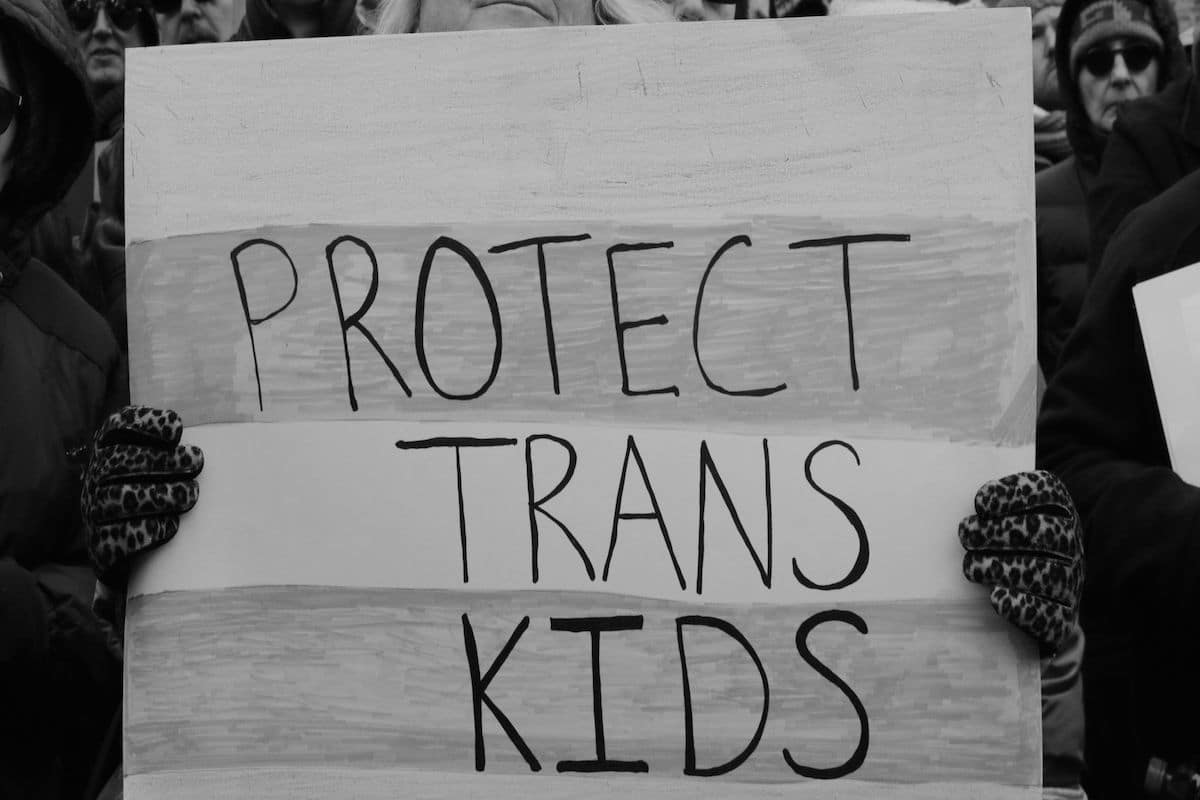
It has been a tumultuous week in federal politics as the Religious Discrimination Bill 2022 took centre stage across the last five days. The bill, which has passed the House of Representatives, has been the subject of much discussion and political discourse especially with consideration to the protection of children who may identify as transgender, non-binary or gender nonconforming.
For those of us needing a breakdown on what this means for Australia and those in marginalised communities, we unpack what has happened and where the bill goes from here.
What is the Religious Discrimination Bill 2022?
The Religious Discrimination Bill 2022 has been introduced to government as a result of the provisions in the already existing Sex Discrimination Act.
This was last updated in 2013, in which section 38 stipulates religious educational institutions can legally discriminate against a person on the basis of their sexual orientation, gender identity, marital/relationship status or pregnancy. Such institutions are allowed to do this permitting the discrimination is "in good faith in order to avoid injury to the religious susceptibilities of adherents of that religion or creed".
The Labor government overhauled this section in 2013 to protect people from discrimination based on their sexual orientation and gender identity, however exemptions for religious schools were amended to include these people.
Why is there a new change to the bill?
In 2022, the Religious Discrimination Bill is changing again due to Prime Minister Scott Morrison promising changes to it and with the federal election expected to be called imminently, he’s powering on.
The new Religious Discrimination Bill will include an additional clause stating "it is unlawful for a person to discriminate against a student on the ground of the student’s sexual orientation by expelling the student on that ground".
However, this doesn't include transgender and all LGBTQI+ students.
What has happened this week?
The Morrison government this week introduced amendments to the bill, protecting gay students, but would still permit religious schools to discriminate against gender-diverse students. This includes young people learning they are trans, gender non-conforming or non-binary.
On February 9, parliament held a mammoth sitting evening in an attempt to pass the bill through the lower house, however this didn’t happen as easily as planned as several Liberal MP’s crossed the floor to vote with Labor. This supported the proposed amendment to the Sex Discrimination Act by Rebekah Sharkie, an independent South Australian MP, abolishing the right of religious schools to discriminate against both gay and transgender students. This is significant as thanks to Sharkie, the protection for transgender children may be included in the law.
Additionally, the Australian Christian Lobby, a once staunch supporter of the bill, no longer supports it as the amendments to the Sex Discrimination Act don’t align with their backward principles, which are essentially built on discrimination.
What happens with the Religious Discrimination Bill 2022 going forward?
Despite those crossing the floor, the bill passed and now proceeds to the Senate, where it will be determined if the Morrison Government’s amendment will be passed into law without the necessary protection for trans and LGBTQI+ students.
Due to Estimates hearings, the Senate will not sit again until March 29, the day of the federal budget. March 30 is also the last Senate sitting day until the election which is highly anticipated to be held in May. As such, the government has left themselves with little choice but to introduce the bills into the Senate during budget week or not introduce them entirely prior to the election.
Further details are expected to release in the coming weeks, with the topic of the bill prominent and concerning for many Australians, including us here at Team RUSSH.
Image: Pinterest



